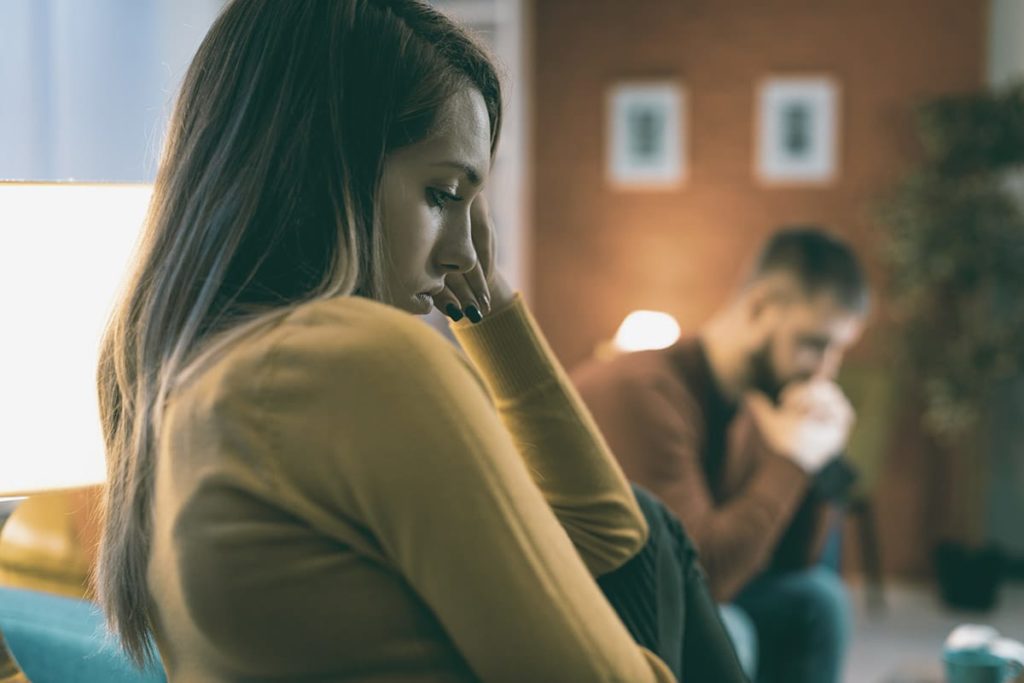People from all walks of life are affected by drug abuse and addiction. While men across age groups are more likely to develop substance use disorders, many women are at equal risk for substance abuse and addiction. Drug addiction in women is increasingly common and is often most successfully treated with women’s addiction treatment programs. These programs provide women the space, solidarity, and support they need to recover.
If you or a woman you love needs support for substance abuse or addiction, A Better State can help. Our outpatient programs provide flexible, holistic care emphasizing trauma-informed recovery. Call us at 781.412.1488 to learn more about our dual diagnosis programs for men and women and find the help you need with our women’s addiction treatment.
Understanding Drug Abuse in Women and Men
While many people may compare men versus women and drug addiction statistics, it is important to consider common factors that lead women to substance abuse. Both men and women are more likely to struggle with substance abuse if they have a co-occurring mood disorder. A co-occurring mood disorder might include post-traumatic stress disorder (PTSD), anxiety, depression, and bipolar disorder. Unresolved trauma, gender biases, and chronic pain can influence substance use and abuse for many women.
Today, women often struggle with the pressures of motherhood, sexual abuse, pregnancy, menstruation, work-life stressors, and economic worries and anxiety. Unfortunately, women usually have more difficulty getting mental and physical health diagnoses and support, which can lead to self-medicating for their physical and emotional pain.
What Is Women’s Addiction Treatment?
Women’s addiction treatment is just what it sounds like: treatment programs designed just for women. Often, women in recovery are more comfortable around other women. A women-only program can help those working through sexual trauma feel more comfortable during group therapy. It also provides a safe community where women are not encouraged to compete with one another.
Unfortunately, in today’s world, many women struggle to feel supported by other women. Women’s addiction treatment provides an excellent place for women to begin healing together. Shared experiences of menstruation, motherhood, and different experiences unique to women can help each woman in a treatment program relate to others and understand how addiction affects their gender. This type of supportive environment can help women feel more comfortable opening up about their struggles with addiction and seeking help.
Benefits of Women’s Addiction Treatment in New Hampshire
There are no men vs. women dynamics in women’s addiction treatment programs. For many women, this brings a sense of relief, safety, and space to be themselves. Early recovery requires clients to shift their behaviors, thought patterns, and belief systems in a few weeks. For many women, these shifts are more effortless around other women.
At A Better State, we understand women’s unique pressures in today’s busy world. Our women’s rehab program provides a safe, inclusive space for women to heal with other women. With flexible outpatient programs, women at A Better State don’t have to compromise their level of care or their schedules. Our daytime and evening outpatient programs include diverse traditional and alternative therapies for holistic recovery. Programs at A Better State include:
- Cognitive-behavioral therapy
- Dialectical behavior therapy
- Individual therapy
- Group therapy
- Family therapy
- 12 step programs
- Art therapy
- Yoga therapy
- Trauma therapy
- Mindfulness meditation therapy
- Transitions to sober living
- Dual diagnosis
With PHP, IOP, and traditional outpatient care, A Better State has the program to fit your needs and lifestyle.
Call A Better State to Begin Women’s Addiction Treatment
If you or a woman you know is ready to take a step towards sobriety, A Better State is here to help. Call us now at 781.412.1488 to learn about drug addiction in women and the addiction treatment and mental health programs we offer in New Hampshire.


